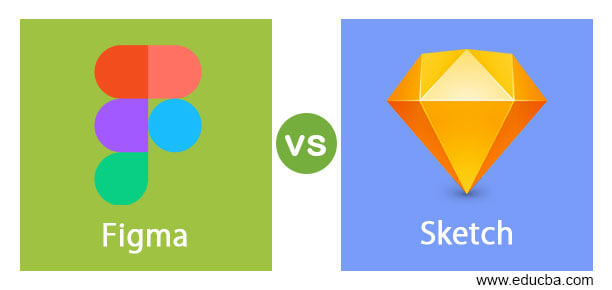

One of the major advantages of Sketch over Figma is the massive array of 3rd-party plugins. While Figma components are more streamlined, the separate Symbols Page in Sketch helps keep your project much more organized. Editing the master component updates every instance, and each instance can be edited in place. To create a new instance, you simply copy the master component. Sketch centralizes the process on a single page, which makes your workflow much more streamlined. However, each program implements the symbols feature differently. Symbols/Componentsīoth Sketch and Figma include symbols: standard elements that can be repeated across pages and edited simultaneously. For now, both programs are neck-and-neck. After all, they recently improved boolean options in version 57. However, Sketch doesn’t fall too far behind when you consider other vector tools.

As a result, designers can connect several lines at a single point instead of creating two separate paths, as demonstrated in this animation on Figa’s website. While Sketch’s vector tool requires designers to “chain” points together, Figma’s vector networks support curves between any set of points. Vector networks do give Figma a slight edge. Between these features, either program can handle the vast majority of design challenges.
#Figma vs sketch free#
Both Sketch and Figma provide shape tools, boolean operations, and a free form vector tool.
#Figma vs sketch software#
While neither program offers as many vector-drawing options as illustration-focused software like Adobe Illustrator, both have plenty of powerful tools for designing elements. They’ve had years to perfect the technology, and Sketch is only beginning to catch up. This walkthrough describes all the juicy impressive, and the follow feature is really nice (you can link yourself to an editor and follow their work), but it’s all a bit behind Figma.įigma clearly takes the lead in collaboration and cooperation. As a result of this philosophy, Sketch’s artboards are pretty standard. Sketch keeps artboards simple: each one represents a separate page.


 0 kommentar(er)
0 kommentar(er)
